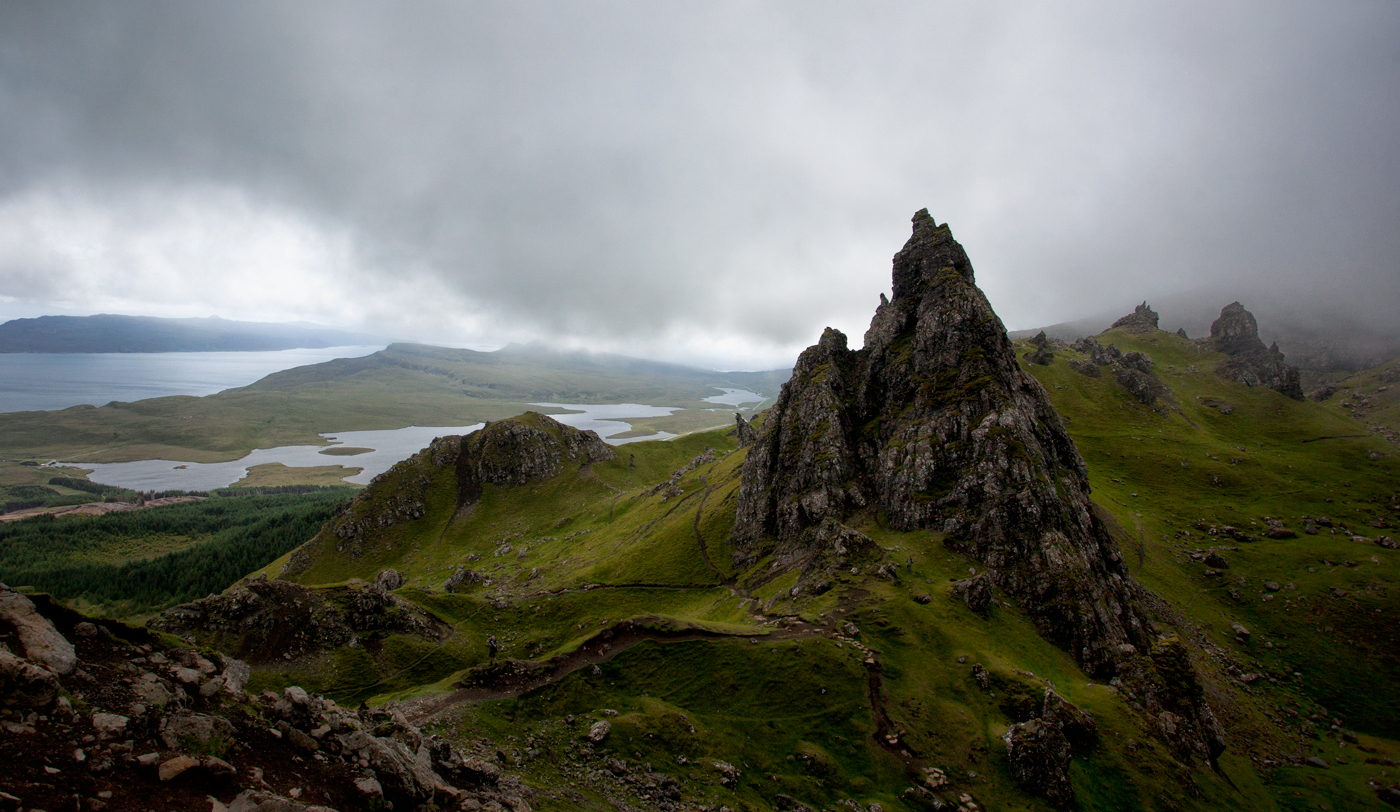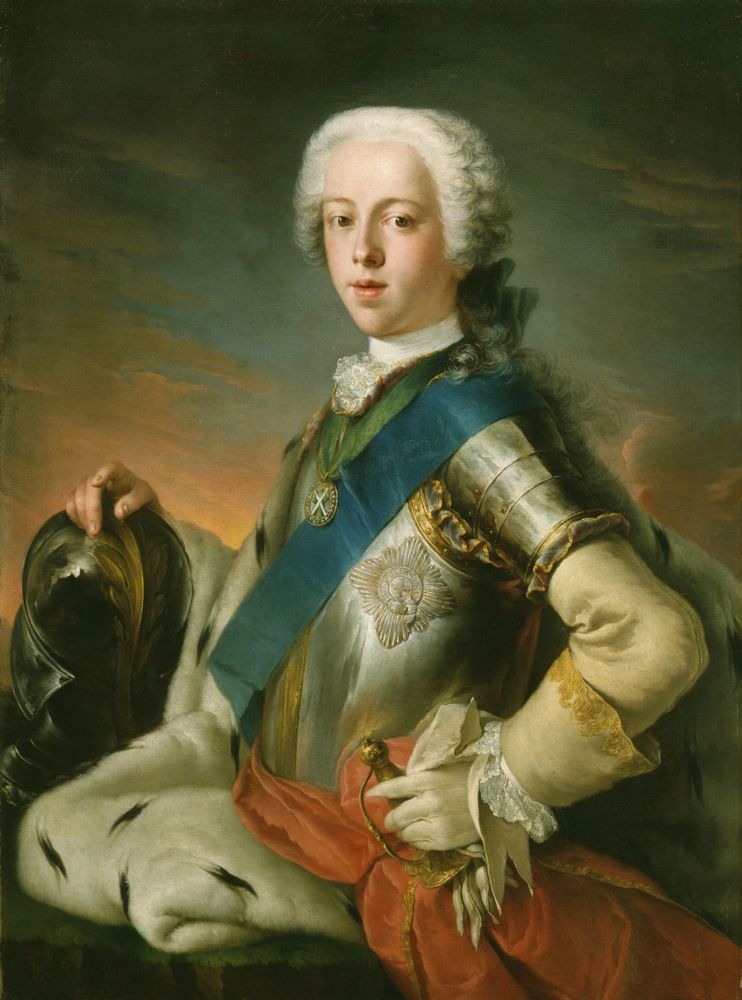Forty years ago my friend Cotty Chubb and I, on our way to the Hebrides, were caught in a storm on the Isle Of Skye which grounded the ferries to the distant islands. We tried to wait it out in a small bed and breakfast on Skye, in whose parlor the proprietress played us The Skye Boat Song on a piano. She wanted us to understand where we were, what momentous things had once happened on Skye.
Bonnie Prince Charlie, Stuart pretender to the throne of England, had escaped to Skye after the Battle of Colloden in 1746, in which his forces had been decisively defeated by the English, ending forever hopes of supplanting the Hanoverian line of English monarchs with the Stuart, and subordinating Scotland to English rule.
The daring escape became a romantic consolation for the defeat, which continues to rankle the Scottish soul. Most Scots did not support Charlie’s uprising, considering it hopeless, but in retrospect he became a symbol of Scottish identity. The longing for what might have been underlies the move for Scottish independence, which will be voted on this Thursday.
The storm on Skye didn’t abate, and Cotty and I gave up on visiting the Hebrides, but The Skye Boat Song stayed with me, as it has stayed with the Scots. The wistful romance of it may be decisive in the upcoming vote.


